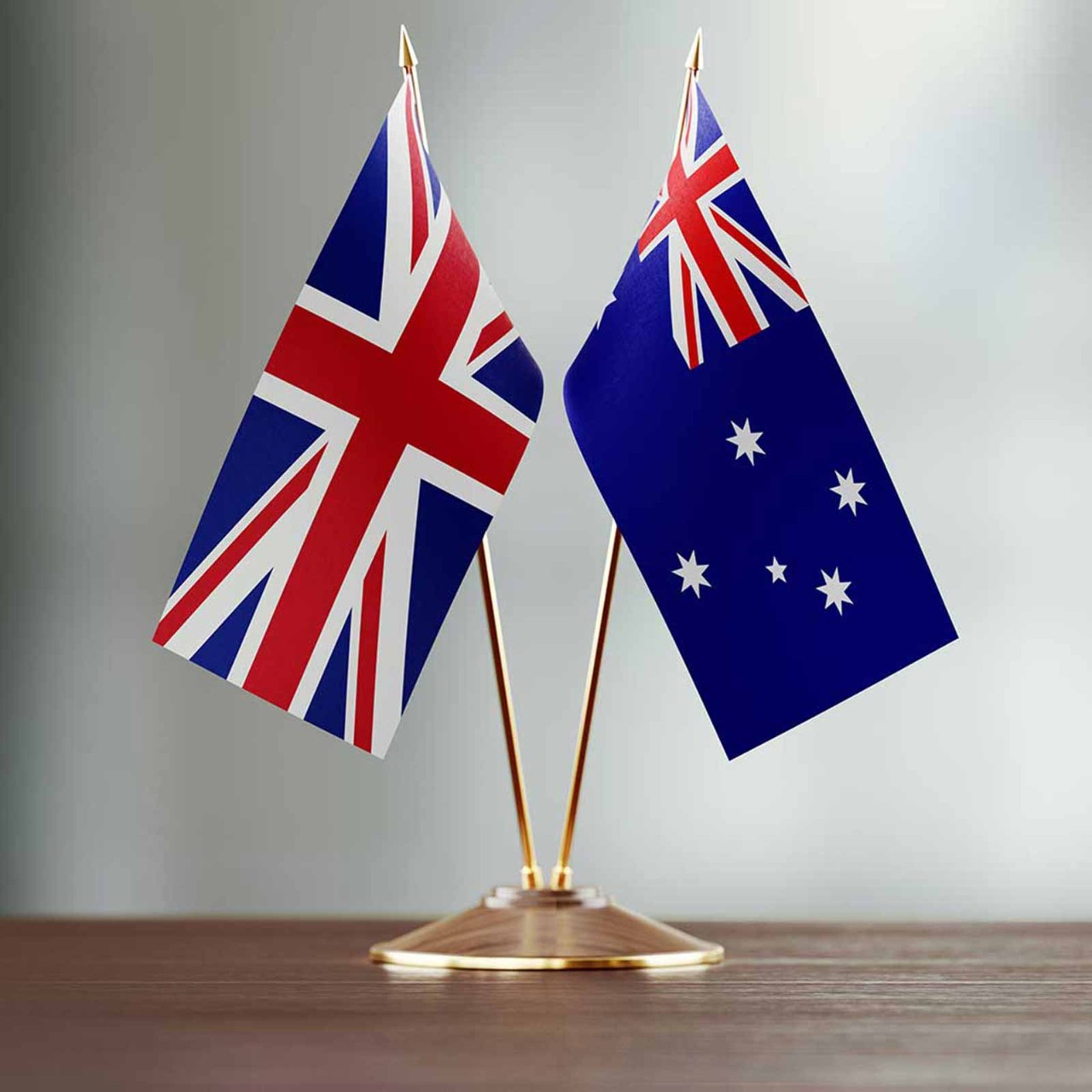
Addressing the correlation between long working hours and individual wellbeing, Australia has become the latest country to introduce ‘right to disconnect’ legislation. Following similar moves in France, Germany, Italy and Belgium, the intention is to protect employees from being penalised if they fail to return work-related calls, text or emails while off duty.
According to research by the Australia Institute, a public policy thinktank, the average Australian employee works up to 7.4 hours of unpaid overtime per week, equating to 281 hours per year. For those engaged in professional services such as accountants, meeting client expectations and regulatory deadlines can involve a much greater commitment at times. So, where, and how, do they draw the line?
‘Humans need periods of activity followed by periods of rest and recuperation’
Sarah McCann-Bartlett, CEO and managing director at the Australian HR Institute (AHRI), acknowledged in a PwC report last year that many organisations traditionally have relied on unpaid overtime for delivery of business outcomes – a trend not limited to those in senior positions.
With more understanding about the effects of overwork on wellbeing, she noted, ‘both employers and employees are looking at these expectations of unpaid overtime through a lens of what might be considered reasonable, given the circumstances.’
Invest in people
AHRI’s 2023 December quarter research revealed that 42% of employers said stress was a cause of unscheduled employee absence in their workplace. ‘There is a large and growing body of research that shows a correlation between people management practices, employee wellbeing, engagement and effort, and positive organisational outcomes,’ McCann-Bartlett said. ‘However, organisations still under-prioritise and under-invest in the development of people management skills within their overall spending on employee development and training.’
Psychologist Dr Leith Middleton, principal consultant in workplace psychology at workplace strategist Mapien, believes that the right to disconnect legislation ‘sends a powerful message that the dial is shifting on ways of working. Humans need periods of activity followed by periods of rest and recuperation,’ she says.
‘The drivers of overwork include factors such as tight regulatory deadlines and intense competitive pressure’
Long hours with not enough breaks, combined with the effort of complex and/or lengthy cognitive tasks, can take a physical and mental toll. ‘Beyond initial impacts on the individual themselves, these can have flow on effects for a person’s family and the workplace,’ Dr Leith adds.
In 2022, EY Oceania commissioned an independent review of workplace culture, work practices and psychological health and safety within its two largest member firms, Australia and New Zealand. The review found that one in three staff members reported working 51 hours or more at least one week of every month, with the figure jumping to 61 hours or more for about one in 10.
‘Our people understand that not all of that is within our control,’ says Kate Hillman, EY Oceania’s people, place and culture leader. ‘The drivers of overwork are complex and include factors external to the organisation, such as tight regulatory deadlines and intense competitive pressure between firms.’
Promoting change
Following the research, EY has launched various trials to expand existing time-in-lieu arrangements, as well as establishing an external ombudsman. ‘We knew long working hours are a problem for people in our profession,’ Hillman says. ‘Qualitative analysis of the report showed that 96% or our people love working at EY, but we didn’t understand the stories behind the 4% who might be struggling.’
‘To serve our clients with excellence, our people need to have longevity’
Meanwhile, Deloitte Australia has introduced measures to promote change. The Deloitte Flex policy offers employees 13 different flexible working options, while the WorkWell initiative focuses on helping people to work smarter, not harder.
‘We recognise that people want to make their own choices in terms of their personal and professional lives,’ say Ellen Derrick, managing partner, consulting at Deloitte, adding that such initiatives recognise the rigour of professional services.
‘To serve our clients with excellence, our people need to have longevity,’ she says. ‘We have to be able to look after ourselves, and our systems must be designed to enable that.’
Programmes like WorkWell and Deloitte Flex elevate the conversation, Derrick adds. ‘When we start a project, we talk about how our people want to work, and what their boundaries are. We can’t always meet all of them, but we’re having the conversation. And we engage with the client as well, asking “what actually will work for you?”’
Walk the talk
Derrick says that team leaders also have a responsibility to walk the talk. ‘We’re mindful that the things we do set cultural norms within teams. If I send emails at night, my team would expect that that’s what we do,’ she says, adding that Deloitte is a founding member – and she is a board member – of the Corporate Mental Health Alliance Australia.
‘Make sure you deliberately switch off at certain points so your boss gets accustomed to your pattern of work’
What can we, as individual workers, do? Dr Middleton counsels negotiating your boundaries early in the employment contract, and being clear on that yourself.
‘Even if you are a hard worker who enjoys high demands, make sure you deliberately switch off at certain points so your boss gets accustomed to your pattern of work,’ she says. ‘But also try to provide other options or solutions to help find a way forward to ensure work is getting done.’
More information
Visit ACCA’s wellbeing hub for advice and resources to support your health at work.



